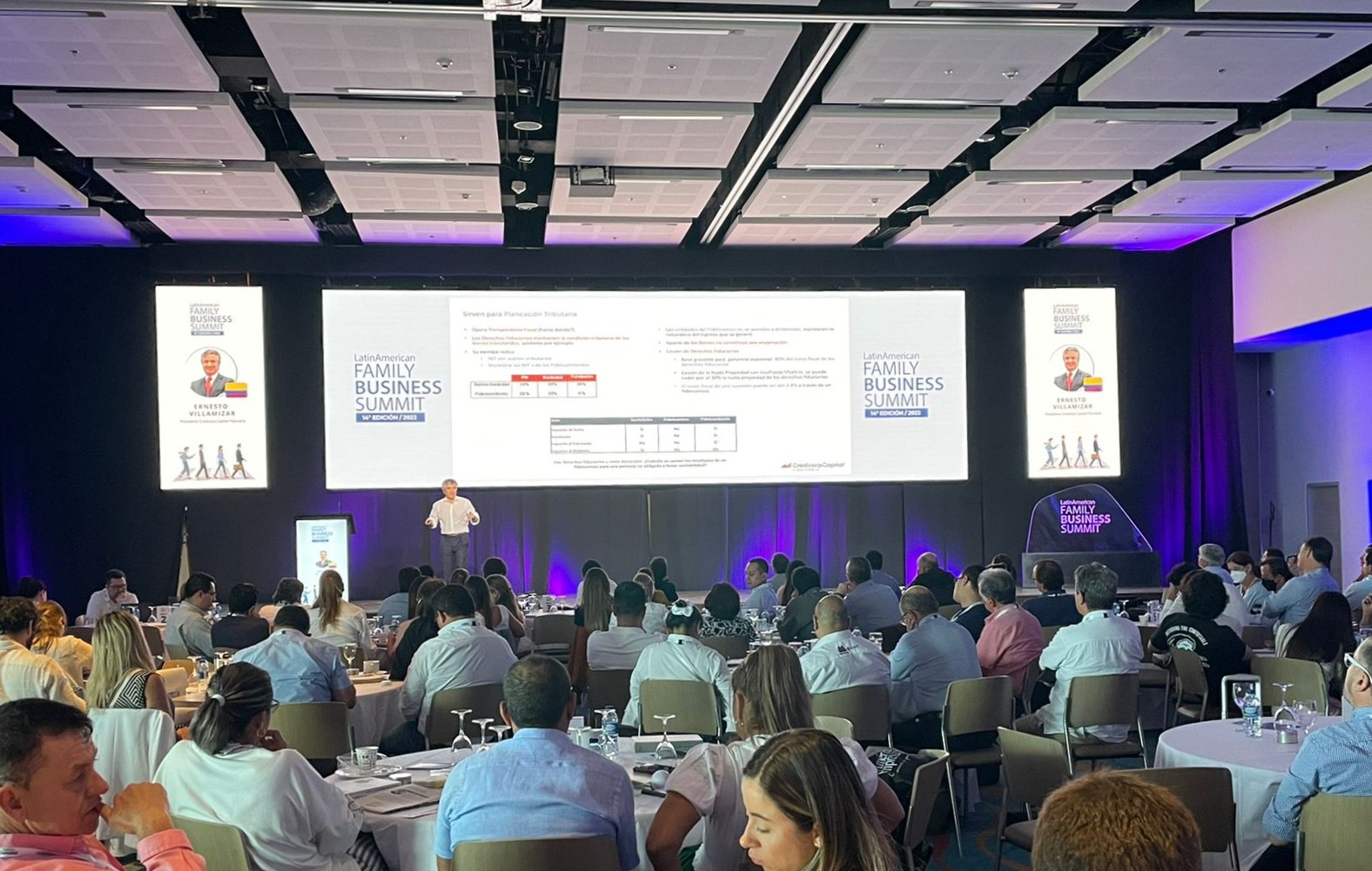
Icaza Trust Corporation participates in the Latin American Family Business Summit.
September 21, 2022
Real Estate Development Trust
March 9, 2023BVI Trust legislation
British Virgin Islands (“BVI”) trust law is generally based on English law, but has developed beyond English law to allow trusts constituted under BVI law to contain modern trust provisions. The governing law of BVI trusts is the Trustee Ordinance Act 1961 (“the Trustee Act), which has been amended in 1993, 2003, 2013, 2015, and 2021. Additionally, BVI enacted in 2003 the Virgin Islands Special Trusts Act 2003, amended in 2013, to create a special trust known as (“VISTA”), which is used purely for holding shares of a BVI company, and enables the trustee holding such shares to distance himself entirely from the management of the company in which the shares are held.
Who are the main parties of a trust
The main parties of a BVI trust are the Settlor, Trustee, the Beneficiaries, and the Protector.
- Settlor: person or persons who transfers assets into a trust by divesting himself or themselves of legal ownership of these assets. The Settlor may be a trust Beneficiary. The Settlor may only act as a Trustee if he or she acts as a co- trustee. The Settlor may not simultaneously be a sole trustee and a sole beneficiary.
- Trustee: person who holds legal title of the trust assets and administers such assets for the benefits of the Beneficiaries in accordance to the terms and conditions of the trust instrument. The trust assets constitute an autonomous patrimony, and do not form part of the estate of the trustee.
- Beneficiaries: persons who have equal or conditional benefits on the trust fund, or in the case of a discretionary trust benefits in accordance to the discretion of the trustee. For a trust to be valid, the Beneficiaries shall be identifiable.
- Protector: the BVI Trustee Act establishes that an instrument creating a trust may contain provisions by virtue of which the exercise by the trustees of any of their powers and discretions shall be subject to the previous consent of the settlor or some other person, whether named as protector, nominator, committee or any other name. If provided in the instrument creating the trust, the trustees shall not be liable for giving previous consent for actions resulting in any loss caused by the actions of the protector, nominator, committee, etc.
Who may be a Trustee of a Trust regulated under the laws of the British Virgin Islands: BVI law does not require that a BVI resident be the trustee of a BVI trust. However, to engage in trust business in or from BVI, the trustee must be licensed. Trust business is defined as acting as a professional trustee, protector or administrator, or managing or administering any settlement or company management as defined in the Company Management Act. A person cannot be settlor, sole trustee, and beneficiary of a BVI trust. A person may be the settlor, act as co- trustee and be the beneficiary of a BVI trust.
Taxation of trusts regulated under the laws of the British Virgin Islands:
- Income Tax: Notwithstanding any provisions of the Income Tax Act, the income of any BVI trust in the hands of a trustee is exempt from income tax, and the Beneficiaries of any trust who are not resident in BVI are exempt from payment of income tax in respect of any moneys received by them from the trustee of any trust. Likewise, Beneficiaries who are not resident in BVI do not need to pay in BVI estate tax, inheritance tax, succession tax, gift tax, rate, duty, levy or any other taxes associated with distributions from BVI trusts.
- Stamp Duty: Any trust that does not have as Beneficiary persons resident in BVI are exempt from the payment of stamp duty with respect to trust documents.
- Trust Duty: An instrument declaring or evidencing a trust governed by BVI law, and any instrument changing the proper law of a trust to BVI law shall pay trust duty in the sum of two hundred dollars legal currency of the United States of America.
Regulatory requirements: Trusts constituted under the laws of the British Virgin Islands do not need to be registered in the BVI registrar. They are exempt from registration under the Registration and Records act. Trustees of BVI trusts do not have reporting or filing requirements regarding trusts.
Accounting records for BVI Trusts: the trustee has the obligation to maintain records and underlying documentation of the Trust whether within or outside BVI and retain these records for a period of at least five (5) years. The records and underlying documentation include accounts and records, such as invoices, contracts or other similar documentation, in relation to:
- All sums of money received and expended by the trust, and the matters in respect of which the receipt and expenditure takes place;
- All sales and purchase of goods by the trust; and
- The assets and liabilities of the trust.
Reserved Powers of the Settlor: a Settlor, Protector, Nominator, or Committee may reserve the following powers under a BVI Trust:
- Power to revoke the trust in whole or in part.
- Power to vary or amend the terms of the trust instrument or any of the trusts, purposes, or powers arising thereunder in whole or in part.
- A general, intermediate, or special power to appoint, advance, pay, apply, distribute, or transfer trust property (whether income, capital, or both), or to give directions for the making of any such advancement, appointment, payment, application, distribution, or transfer.
- Power to act as or give binding directions as to the appointment or removal of a director or an officer of any company wholly or partly owned by the trust, or to direct the trustee as to the manner of exercising rights attaching to any of the shares held in such company.
- Power to give binding directions in connection with the purchase, retention, holding, sale of or other commercial or investment dealings with trust property or any investment or reinvestment thereof or the exercise of any powers or rights arising from such trust property.
- Power to appoint, remove, add or replace any trustee, protector, enforcer, or any other office holder or any advisor including any investment advisor or any investment manager.
- Power to add, remove, or exclude any beneficiary, class of beneficiaries, or purpose.
- Power to change the proper law of the trust.
- Power to change the terms of the trust which specify which courts have exclusive or non- exclusive jurisdiction in any proceedings involving rights or obligations under the trust.
- Power to restrict the exercise of any powers, discretions, or functions of a trustee by requiring that they shall only be exercisable with the consent, or at the direction, of any person specified in the trust instrument.
For more information on BVI Trusts, contact us at icazatrust@icazalaw.com.




